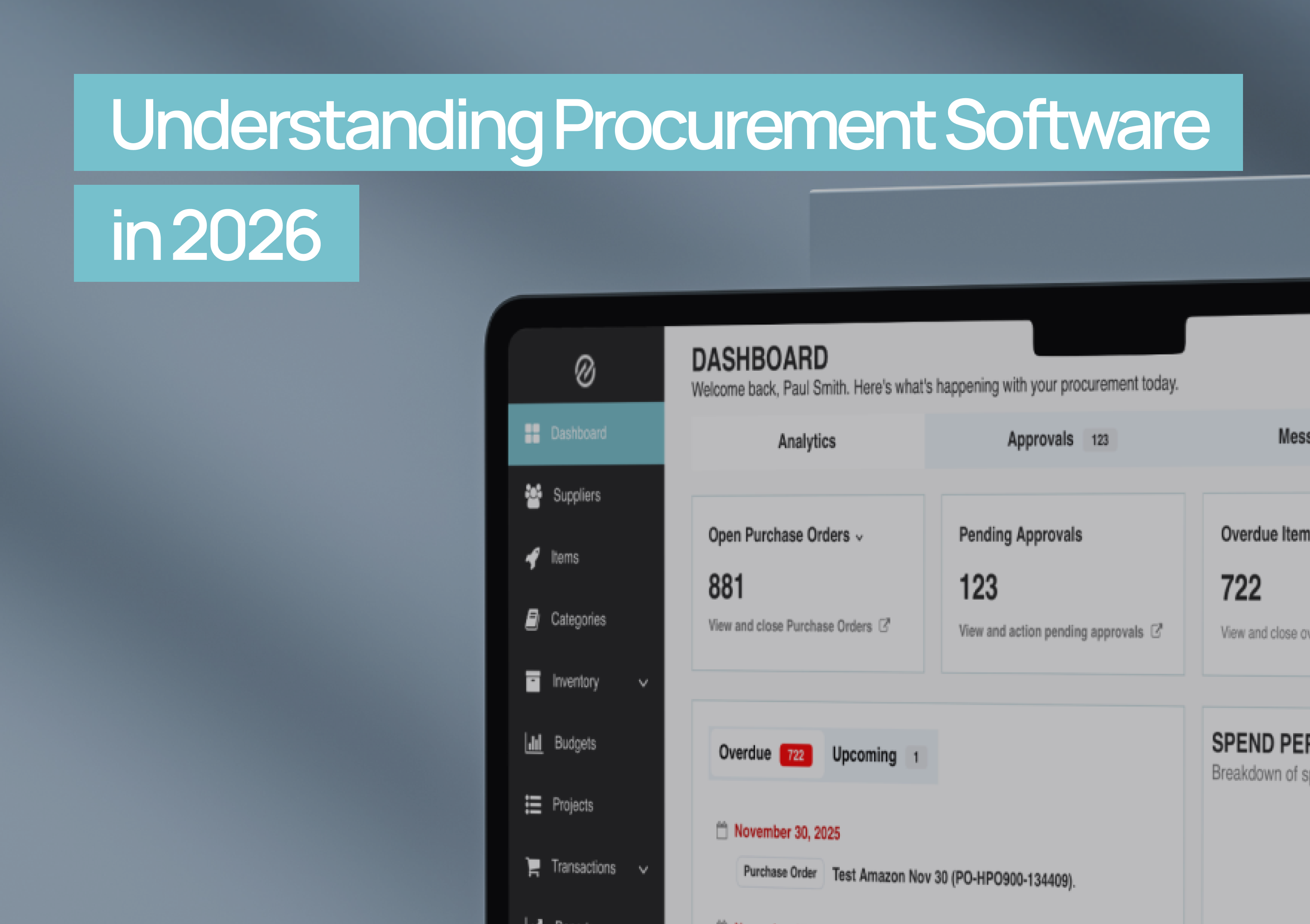The procurement industry faces ongoing challenges with transparency, fraud, and inefficiencies. Traditional systems often lack real-time visibility, leading to disputes and security risks.
Blockchain offers a game-changing solution by creating an immutable, decentralized ledger for procurement transactions. From enhancing traceability to reducing fraud, this technology is transforming how businesses manage supply chains securely and efficiently.
What is Blockchain?
Before diving deeper into the article, first, let's get clear on a few concepts.
Blockchain is a decentralized, digital ledger that records transactions across multiple computers in a secure, transparent, and tamper-proof way. Each transaction is stored in a "block," which is linked to the previous one, forming a continuous "chain." This structure ensures data integrity, as altering any block would require changing all subsequent blocks—a nearly impossible task.
Key Features of Blockchain:
- Decentralization: No single entity controls the data; it's distributed across a network.
- Immutability: Once recorded, data cannot be altered or deleted.
- Transparency: Transactions are visible to all authorized participants.
- Security: Advanced cryptography protects data from fraud and cyber threats.
Blockchain is widely used in finance, supply chain management, healthcare, and more, offering greater security and efficiency in digital transactions.
Blockchain in Procurement
Blockchain is transforming procurement by introducing a decentralized, secure, and tamper-proof system for tracking transactions. Traditional procurement systems often suffer from fraud, inefficiencies, and a lack of real-time visibility—challenges that blockchain effectively addresses.
How Blockchain Improves Procurement:
- Enhanced Transparency: Every transaction is recorded on an immutable ledger, making procurement processes fully auditable.
- Reduced Fraud: Blockchain prevents unauthorized modifications, ensuring data integrity and reducing risks of counterfeit goods or invoice fraud.
- Supply Chain Traceability: Businesses can track goods from origin to delivery, improving compliance and reducing disputes.
- Smart Contracts: Automated, self-executing contracts ensure that payments and deliveries occur only when conditions are met, reducing manual intervention.
By leveraging blockchain, procurement teams can achieve greater security, efficiency, and trust in their operations, ultimately reducing costs and mitigating risks.
Benefits of Blockchain in Procurement
Integrating blockchain into procurement processes enhances transparency, security, and efficiency by eliminating manual inefficiencies and reducing fraud risks. With its decentralized nature, blockchain ensures accurate record-keeping, automated contract execution, and real-time visibility into transactions. Here are seven key benefits of using blockchain in procurement:
Increased Transparency
Blockchain creates an immutable, shared ledger where all transactions are recorded and accessible to authorized parties.
- Eliminates discrepancies by providing a single source of truth
- Reduces disputes with verifiable transaction records
- Improves compliance by ensuring full auditability

Enhanced Security
Procurement data is encrypted and distributed across a decentralized network, making it highly resistant to cyber threats.
- Prevents unauthorized alterations to procurement records
- Reduces risks of data breaches and insider fraud
- Strengthens document authentication and verification
Improved Supply Chain Traceability
Blockchain enables end-to-end tracking of goods, from sourcing to final delivery, ensuring accountability at every stage.
- Identifies inefficiencies and delays in the supply chain
- Helps detect counterfeit or non-compliant products
- Supports sustainability by verifying ethical sourcing practices
Fraud Prevention
By securing procurement data and automating contract execution, blockchain minimizes opportunities for fraud.
- Eliminates invoice manipulation and duplicate payments
- Reduces risks of supplier collusion or price tampering
- Enhances identity verification of vendors and buyers
Cost Reduction
Automated processes and improved visibility lead to significant cost savings in procurement operations.
- Lowers administrative costs by reducing paperwork and manual tasks
- Reduces overpayments and financial losses due to fraud
- Optimizes inventory management with accurate demand forecasting
Faster and More Reliable Payments
Blockchain-powered smart contracts enable instant, automated payments upon fulfillment of contract terms.
- Eliminates payment delays caused by manual processing
- Reduces transaction fees associated with intermediaries
- Improves cash flow management for businesses and suppliers
Regulatory Compliance and Auditability
With real-time, verifiable records, businesses can meet regulatory requirements more efficiently.
- Simplifies compliance reporting with automatically logged transactions
- Reduces errors and inconsistencies in procurement documentation
- Provides a transparent audit trail for regulatory inspections
Blockchain is reshaping procurement by making operations more secure, efficient, and trustworthy. As adoption grows, businesses that leverage this technology will gain a competitive edge in supply chain management.
Improve Your Procurement with Tradogram
Improve your procurement with Tradogram. Our procurement management software streamlines operations with powerful features designed for security, efficiency, and transparency. From seamless purchase tracking to enhanced vendor management, Tradogram empowers businesses to optimize their procurement processes with confidence.
.png)


.png)
.png)


.webp)
.png)
.png)









